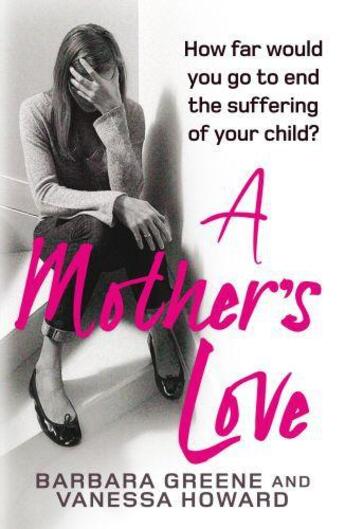-
Nombre de pages : (-)
-
Collection :
(-)
-
Genre :
(-)
-
Thème :
Non attribué
-
Prix littéraire(s) :
(-)
Résumé:
In recent months the 'right-to-die' issue has gripped the nation. Two cases have captured the public imagination like no other: Frances Inglis, convicted of murder for ending the life of her brain-damaged son, and Kay Gilderdale, acquitted for assisting the suicide of her chronically ill... Voir plus
In recent months the 'right-to-die' issue has gripped the nation. Two cases have captured the public imagination like no other: Frances Inglis, convicted of murder for ending the life of her brain-damaged son, and Kay Gilderdale, acquitted for assisting the suicide of her chronically ill daughter. These parallel stories provide a window onto a world of terrible suffering, where women feel that the only course of action open to them is to help their own children to die.
What would you do if your child was experiencing unbearable pain? Is it a mother's duty in such a situation to perform the ultimate act - to kill the person she loves more than anything else in the world? Is the strength of a mother's love something that can be reflected in the law?
A recent poll suggested that around 80% of British people support a change in the law to allow assisted suicide, a crime currently punishable by up to 14 years in prison - and an even higher proportion believe that relatives should be allowed to help their loved ones to die.
Donner votre avis















